Contact UsCONTACT
Please feel free to contact us if you have any questions or concerns.
Inquiry FormStories
STORIES
SERIES EMBARK
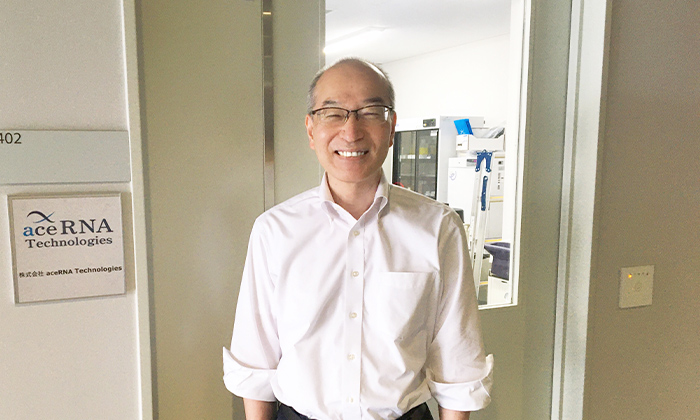
A new venture company, aceRNA Technologies Co., Ltd. was born in May 2018 from the Kyoto University iPS Cell Research Institute (CiRA), co-founded by Professor Hirohide Saito, Deputy Director of CiRA, and a management team consisting of researchers, including Teruo Susumu and Nobuhiro Tsushi. The company was founded in 1983. The company aims to set the global standard for technology to purify poorly differentiated or non-purified cells and increase the safety of stem cell-based medicines. The company is also ambitious to enter the field of RNA drug discovery. We asked the management team, which has no experience in the cell medicine business, about the story of how they came to establish the company and how Kyoto University's backup system made it possible. (Interviewer: Shinichi Iwamoto, career consultant)
Best regards. I have loved insects since I was a child and joined the biology research club in high school, then went on to the Faculty of Science at Kyushu University, where I studied Escherichia coli and proteins. I then worked as a pharmacological researcher at Fujisawa Pharmaceutical (now Astellas Pharma Inc.).
Starting a business. Another reason was that I could see my future career in Fujisawa. I think it was uninteresting. I was also pushed by the fact that it was the middle of the bubble economy and entrepreneurship was all the rage.
It was a tutoring school business, but it ended up being a disaster. What I was left with was debt and lessons learned. The reason for my defeat was that starting a business had become an objective. In hindsight, I think it was a reckless battle without a vital business vision or strategy.
I moved to a drug discovery CRO through an introduction by a senior colleague from my Fujisawa days. I had been doing new and interesting work for about 10 years, steadily increasing my post and annual salary, and was feeling satisfied, but by chance I met again a good friend from my Fujisawa days and joined a VC (Bio Frontier Partners) with which he was associated.
At VC, I invested in a company that was launched as a new business for a food manufacturer, and I was seconded to the company as a board member. Eventually, I achieved the sale of the business to a major manufacturer and brought the business under control. Next, I became the representative director of a bio-venture company from Okinawa, and after rebuilding the business, I transferred the business to the company, where I am now.
It was the introduction of Prof. Saito's seeds (RNA switch) by a Kyoto-iCAP capitalist. I was shocked when I learned about the technology. The more I heard about it, the more strongly I felt its potential as a business. This is a technology that the world needs, and it can contribute not only to the field of regenerative medicine, but also to RNA drug discovery! I remember how excited I was. After that, through acceleration at ECC-iCAP and joining forces with Miyoshi, I decided to start my own company.
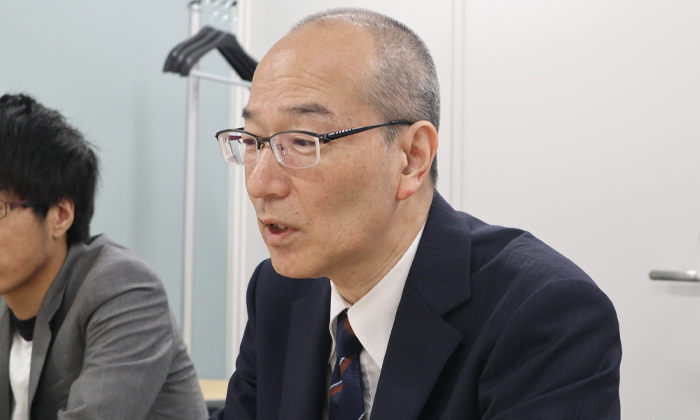
We were troubled by the fact that we had no business experience in cellular medicine. The capitalist in charge of Kyoto-iCAP came from a pharmaceutical company and had specialized knowledge and experience, so we worked together to create not only a capital and financing policy, but also a business and intellectual property strategy. We had a lot of tough and painful discussions (laughs), but the result was a robust and strong business plan. Kyoto-iCAP is a university-launched VC, and coordination within the university was smooth.
One difference with private VC is that we can receive milestone investments from the seed stage, which is considered difficult for private VC to invest in, without being affected by the economy. Another feature is that they can respond flexibly according to the growth stage after that.
I grew up as the child of a typical office worker. With cancer in my bloodline, I chose to study Applied Biology in college because I wanted to solve social issues in cancer treatment myself.
Since I became a college student, I have wanted to set up some kind of business on my own. To start a business, it is essential to have a wealth of social experience. But I was still young. Therefore, I chose a tax accounting firm where I could learn about real business issues in many industries and companies in a short period of time.
Working for a tax accounting firm greatly broadened my own horizons. At the same time, my longstanding desire to set up something on my own grew, and I began attending various social gatherings and events I became a member of ECC-iCAP, participated in entrepreneurship support pitch events, and met Seeds. Looking back, it took me less than six months to start my own business.
Kyoto University is home to world-class researchers. I attended the event expecting to be introduced to unique and cutting-edge seeds in the life science field. The other significant factor was that the event is also held in Tokyo. It is close (laughs).
This event was completely different from other events. We were able to listen directly to presentations by the world's top scientists and directly exchange ideas for commercialization around the table. The opportunity to engage in heated discussions in close proximity was invaluable.
Strangely enough, there was none. Rather, my desire to commercialize RNA Switch as soon as possible and make it useful to the world prevailed. Also, from a career perspective, I thought that being able to join the management team as a director in my late 20s would definitely be a plus. I also feel that it is a very good experience for me to be able to do whatever is necessary without limiting my job scope, unlike at large companies.
As I mentioned earlier, the big advantage is that we already have seeds that can be commercialized and a foundation for starting a business. Kyoto-iCAP, our VC, aims to commercialize the results of our research, so we can achieve the same goal. The fact that the university as a whole is backing up entrepreneurship is truly reassuring and gratifying.
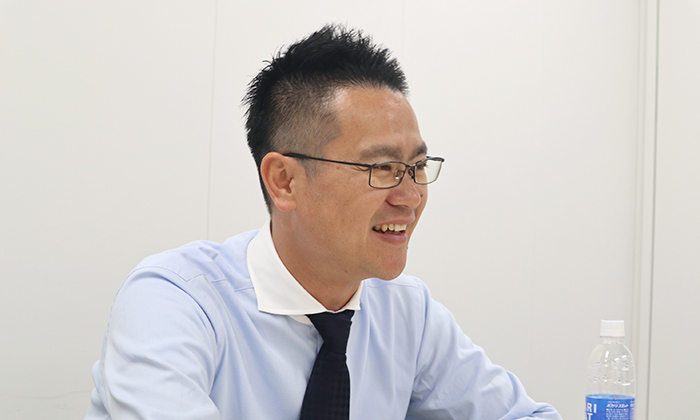
RNA switch is an important technology to improve the safety and quality of stem cell medicine. We hope to make a significant contribution to people's health and happiness by taking charge of our business.
Kyoto University has many world-class seeds in a wide range of fields such as engineering, science, agriculture, medicine and pharmacy. We are sure that there are seeds that you will fall in love with. You may be able to change your destiny just like us. Please feel free to join ECC-iCAP, organized and managed by Kyoto-iCAP, and participate in our events.
(Interviewed in May 2018. Affiliations, titles, etc. are as of the time of the interview)
Dr. Shinya Yamanaka of the Center for iPS Cell Research and Application (CiRA), who instructed us to conduct our research in a hasty but calm manner without haste, and the name of our CiRA-originated venture reflects our determination to proceed steadily without haste (don't rush) and our desire to be an ace in RNA drug discovery (ace). In addition to the cell sorting business mentioned in the article, we aim to contribute to society through our efforts to develop next-generation mRNA and viral drugs. aceRNA is a growing company these days.
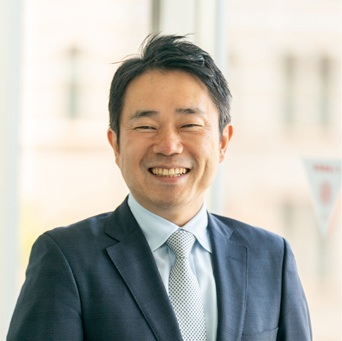
Nobuhiro Yagi
ECC-iCAP: Entrepreneur Candidate Club (URL : ) https://www.kyoto-unicap.co.jp/ecc-icap/)
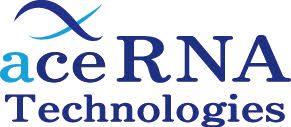
aceRNA Technologies Co., Ltd. website
Please feel free to contact us if you have any questions or concerns.
Inquiry Form